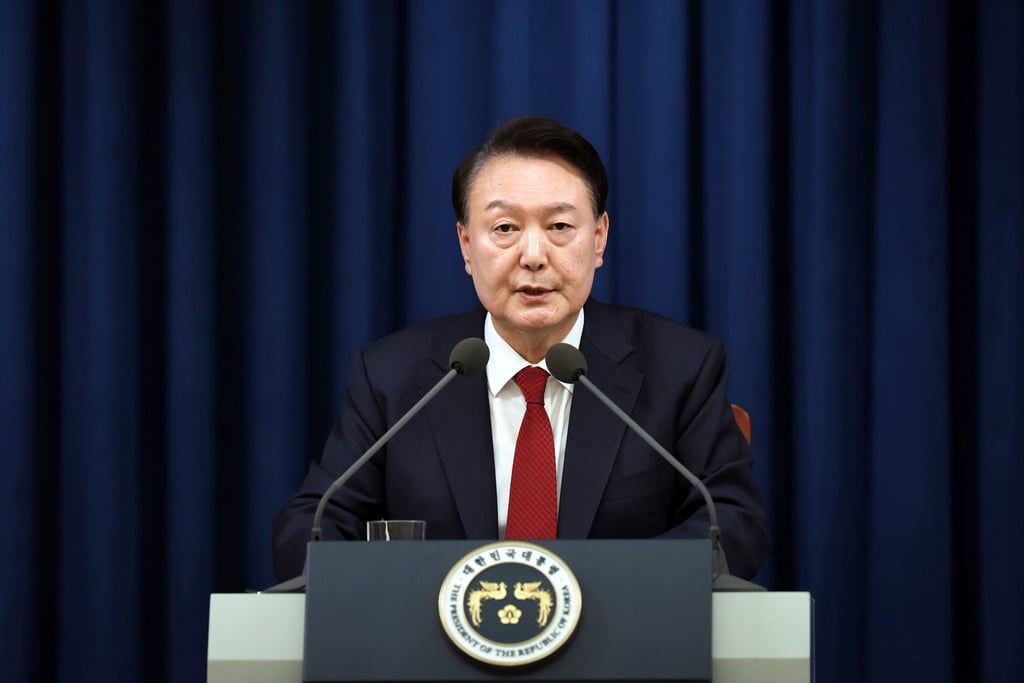
The declaration of martial law in South Korea caused tension late Tuesday night, leading to widespread outrage and protests across the nation. This event took place after the Democratic Party's victory in the recent elections and serious disagreement over the budget proposals. Additionally, top prosecutors were to be impeached this escalated the tension between both parties. In the Parliament, 190 of 300 lawmakers present voted against the martial law, then President Yoon Suk Yeol’s declaration of martial law was declared invalid.
What is martial law?
Martial law also known as “Military Rule” is a temporary law passed during a political emergency or internal disturbance in any country or alleged threats to national security. When this law is passed, the military of that country takes control over the government. This law involves provisions to suspend political activities, arrest without warrant, etc. The military rule was imposed by the South Korean president Yoon Suk Yeol on Tuesday but it lasted only for a few hours as it led to widespread protests across the nation & thousands of protestors gathered outside the National Assembly In Seoul.
Reasons to impose martial law
-
Political instability: The increasing opposition from the liberal Democratic Party led by Lee Jae-Myung, which had won a landslide victory in the National Assembly elections in April 2024 created a political deadlock with the present government struggling to pass important bills & continuous call for impeachment.
-
Disagreement in budget and impeachment: The opposition proposed to cut the government budget bills and moved to impeach top government officials including cabinet ministers and prosecutors. The disagreement between the executive and legislative led to martial law.
-
Allegations of corruption & anti-state activities: President Yoon has been accused of corruption scandals and stock manipulations and the President accused the opposition of anti-state activities and claimed that the opposition is weakening the government & political system of the country.
-
To suppress protests and strengthen the control: to take control of political activities and growing unrest & to suppress the outrage and instability
Legal and Constitutional Framework for Martial Law
Under the South Korean constitution, the president can declare martial law during times of war or insurrection, but such a decision must be reviewed by the cabinet and then presented to the National Assembly for approval. The law states that the assembly can vote against martial law by a majority rule. Following this, the National Assembly with 190 votes (out of 300 votes) against the martial rule rejected the President’s move and the martial law was declared void.
History of Martial Law in South Korea
-
In 1979, under the military military dictatorship of Park Chung-hee, martial law was imposed for the last time.
-
In 1987, South Korea became a parliamentary democracy, since then it was the first time martial law has been imposed under Yoon’s declaration.
Impact of military rule in South Korea
-
Political Unrest: In a democratic country like South Korea the imposition of military rule has caused the problem of political credibility and has increased the polarisation of political parties. It seems to have put the country’s democratic values under threat.
-
Public protest and outrage: Thousands of protesters gathered outside the National Assembly against the law, and an atmosphere of fear and disruptions and been created with the suspension of political freedom.
-
International reputation at stake: The growing tension in the country, political instability has put the South Korea’s image of modern and democratic country under threat. It may effect the diplomatic relations with the other countries.
-
Economic impact: The military law, political situation and tension could have effected the foreigner investors confidence which may lead to decline in FDI inflows.
Impact in India
India and South Korea share a strong and friendly bilateral relationship. Both countries have signed the CEPA Comprehensive Economic Partnership Agreement which has helped to increase trade.
-
South Korean companies like Samsung, Hyundai, and LG have huge investments in manufacturing in India especially in electronics, automobiles, machinery, etc
-
South Korea and India conduct joint military exercises and share the side against counter-terrorism, maritime security, and defense technology
-
Both countries share a common interest in Indo- Pacific region and have strong cooperation in organisation like ASESN and East India Summit to address security and economic challenges.



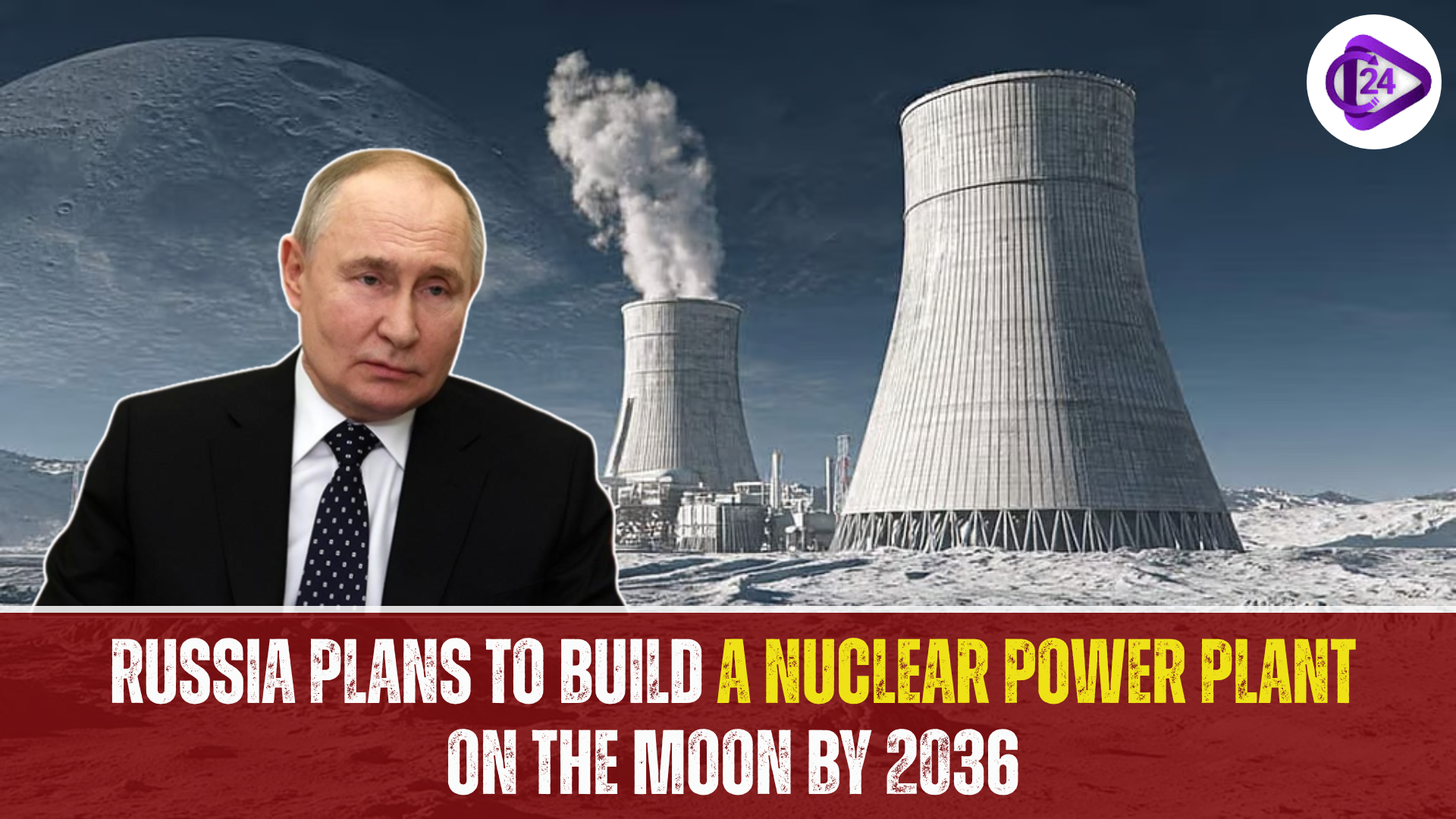 Russia Plans to Build a Nuclear Power Plant on the Moon by 2036
Russia Plans to Build a Nuclear Power Plant on the Moon by 2036 Trump Announces New ‘Trump-Class’ Battleships for US Navy
Trump Announces New ‘Trump-Class’ Battleships for US Navy China Overtakes OPEC+ as the Main Oil Price Maker
China Overtakes OPEC+ as the Main Oil Price Maker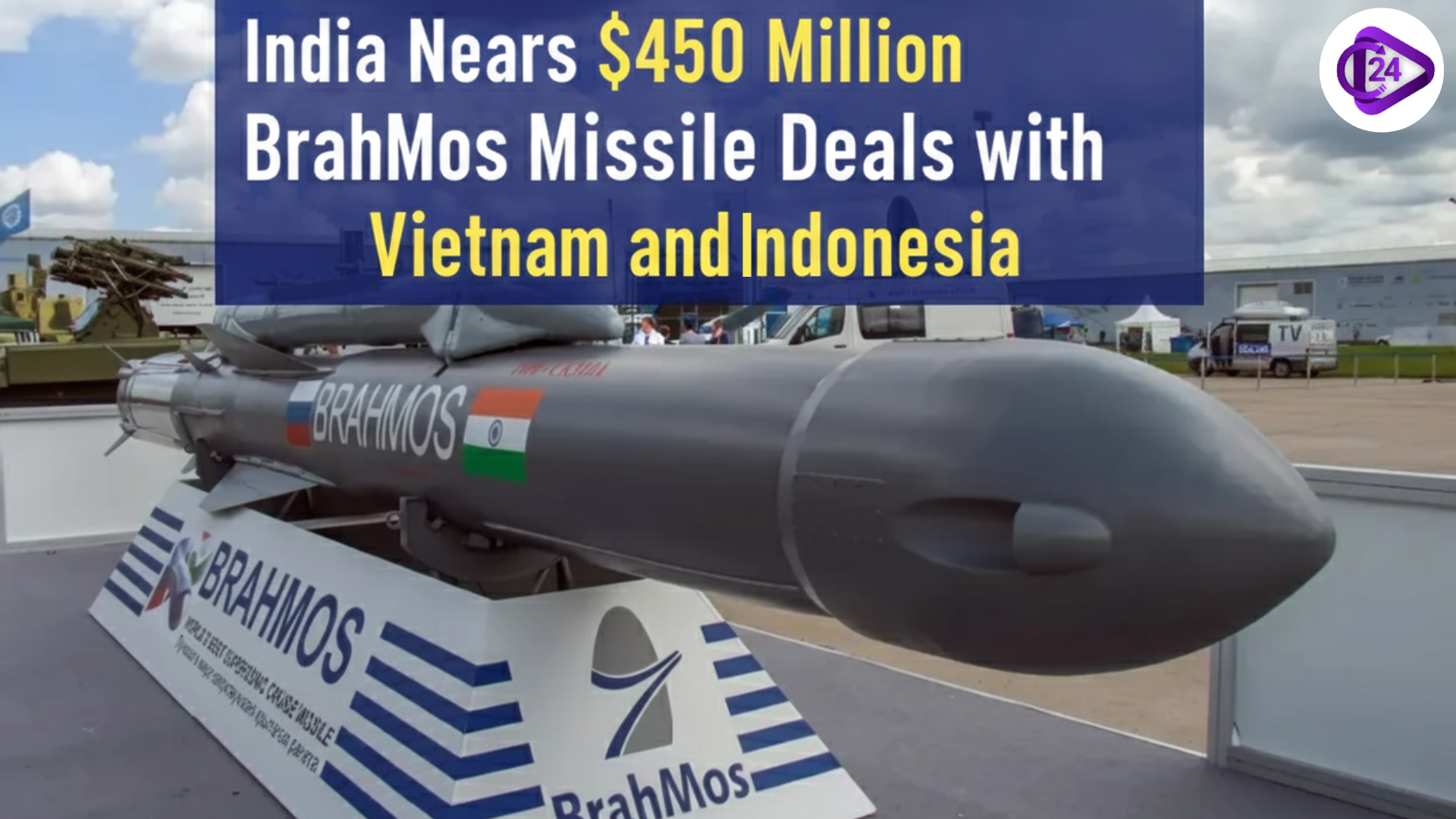 India Nears $450 Million BrahMos Missile Export Deals with Vietnam and Indonesia
India Nears $450 Million BrahMos Missile Export Deals with Vietnam and Indonesia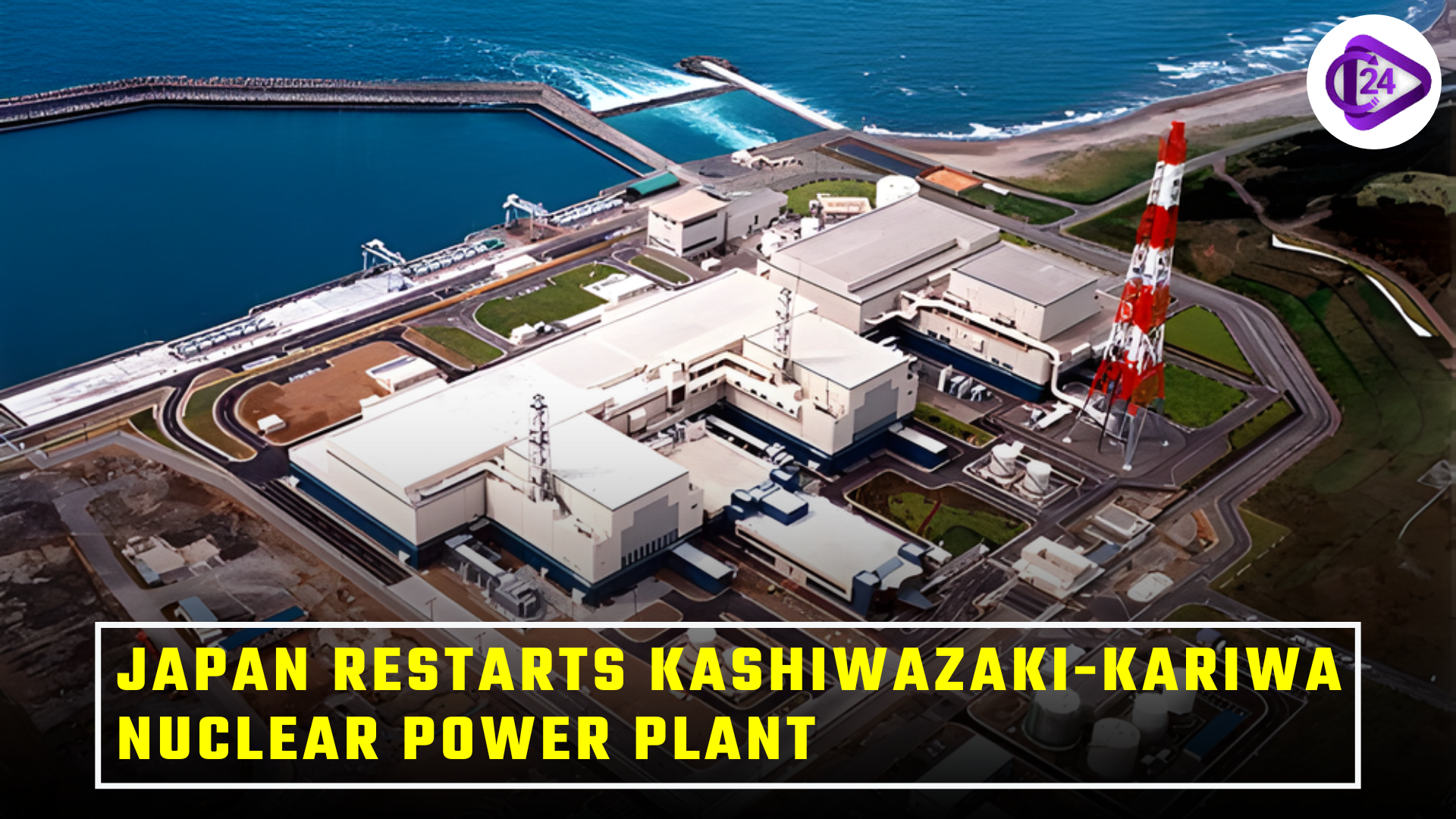 Japan Restarts Kashiwazaki-Kariwa Nuclear Power Plant
Japan Restarts Kashiwazaki-Kariwa Nuclear Power Plant Google Launches Its First-Ever Credit Card in India on RuPay
Google Launches Its First-Ever Credit Card in India on RuPay Italian Cuisine Becomes World’s First to be Awarded UNESCO Status
Italian Cuisine Becomes World’s First to be Awarded UNESCO Status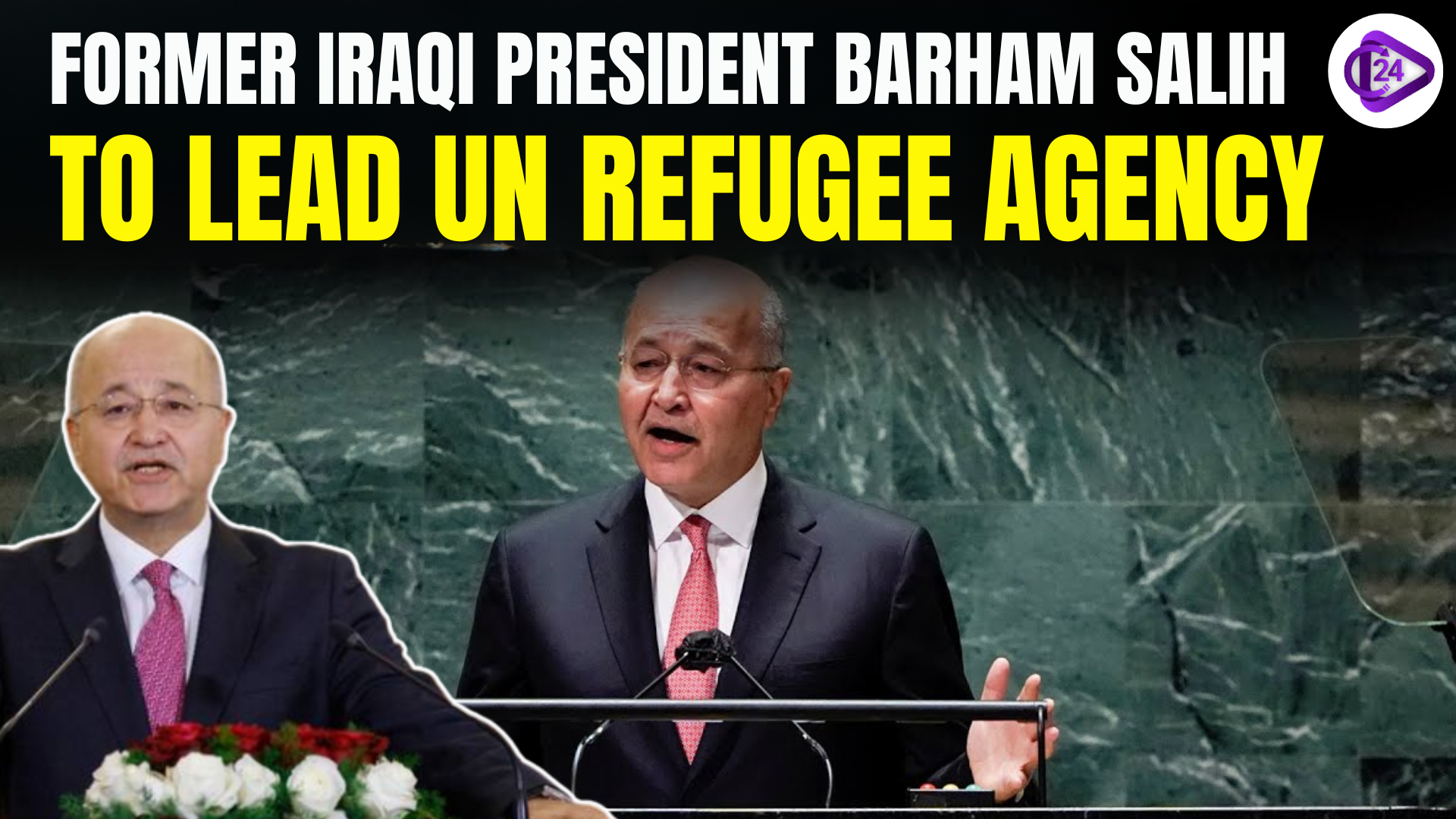 Former Iraqi President Barham Salih Takes Charge of UN Refugee Agency
Former Iraqi President Barham Salih Takes Charge of UN Refugee Agency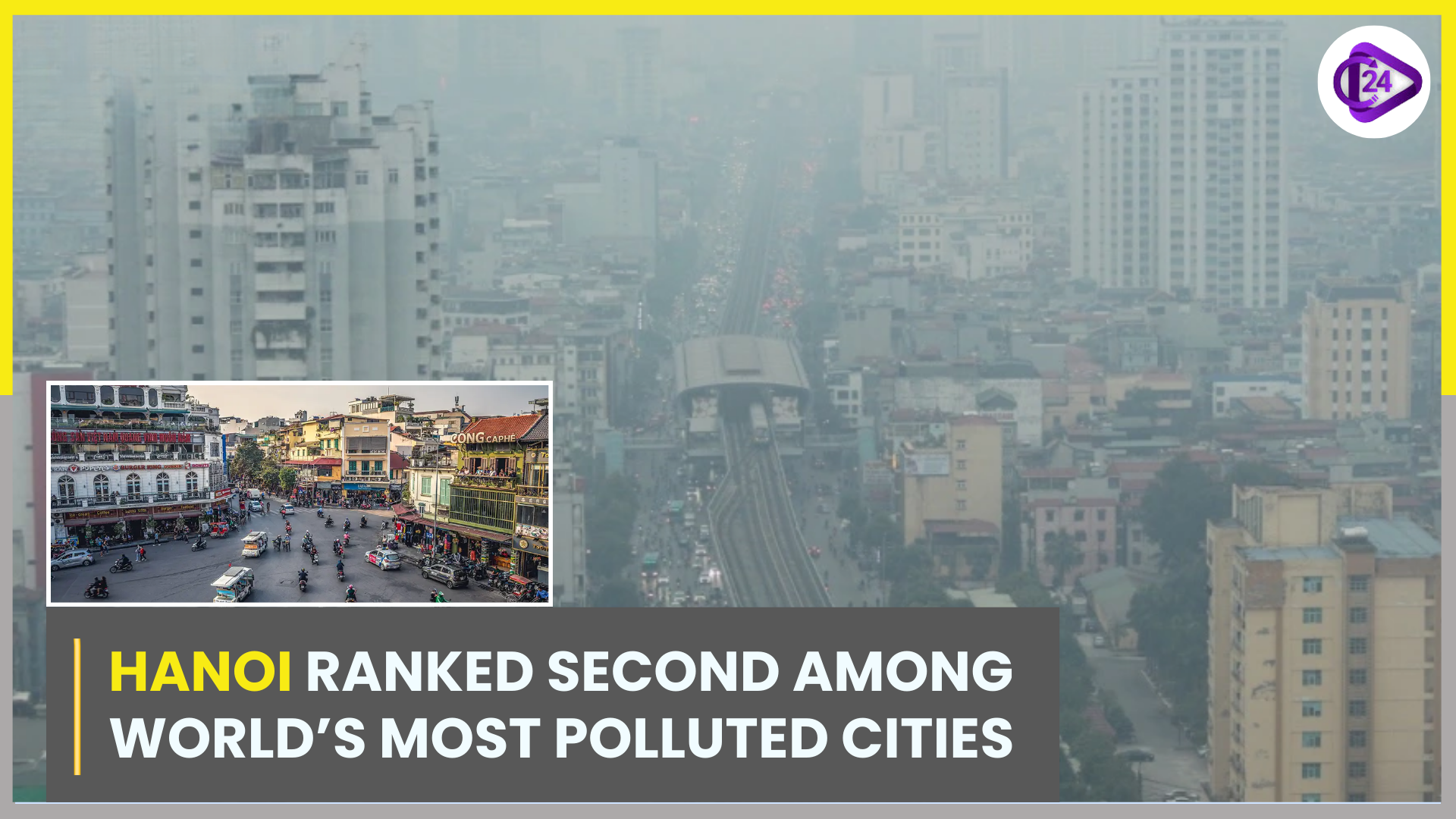 Hanoi Trails Only Delhi on the List of the World’s Most Polluted Cities
Hanoi Trails Only Delhi on the List of the World’s Most Polluted Cities Denmark Moves Toward Social Media Ban for Children Under 15
Denmark Moves Toward Social Media Ban for Children Under 15






